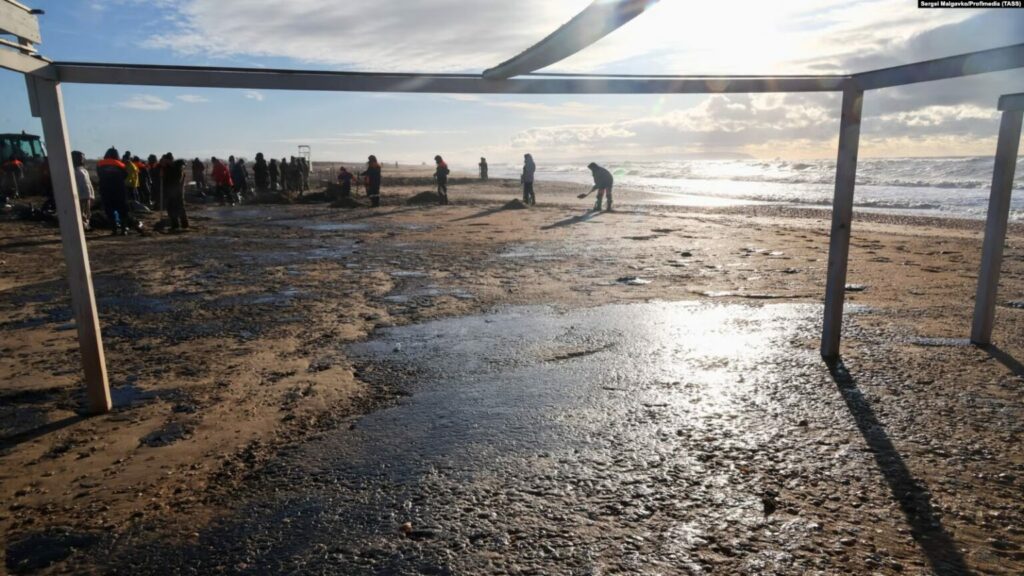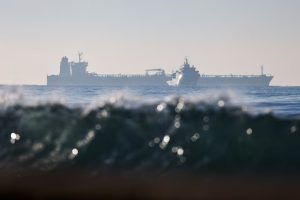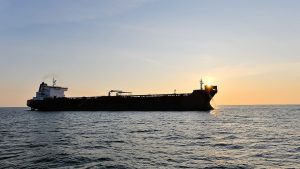Ministry of Environment: Fuel oil stains in the Black Sea do not yet threaten the coast of Odesa

According to the Ministry of Environment, there is no threat to the coast of Odesa due to the fuel oil spill from Russian tankers.
Currently, pollution with an area of about 1,000 square kilometers has reached the coast of Crimea, said the Minister of Environment and Natural Resources of Ukraine Svitlana Grinchuk during a telethon.
According to her, more than 15,000 birds and 30 dolphins have died due to the fuel oil spill.
“We did a simulation using satellite images to see how the pollution could move and whether there is a threat to the coast of Odesa. Using the simulation, we looked ahead a week – today there is no such threat. However, we continue to monitor in order to control the situation,” the minister said.
As of today, the pollution has reached the southern and southwestern coast of Crimea. In the areas of Sevastopol and the village of Kacha, spots up to 15 kilometers long are recorded. In particular, the pollution reached the territory of Yevpatoria and some settlements north of the city.
Also, on the morning of January 9, an additional spot was recorded with an area of some 450 square kilometers, which is divided into spots with a length of 5 to 15 kilometers.
“We are planning an extraordinary meeting of the Black Sea Commission in the near future in order to make appropriate decisions, if we manage to hear information from Russia, which is also a member of this commission. If they join, of course,” Svetlana Grinchuk noted.
In particular, Ukraine is preparing appropriate lawsuits to international courts for violating the Convention on the Law of the Sea and other conventions.
Recall that on December 15, two Russian tankers were sinking in the Kerch Strait. First, the tanker “Volgoneft-212”, which was carrying 4 tons of oil, suffered an accident. An hour later, the storm hit “Volgoneft-239”.
The cause of the accident was a strong storm. One of the tankers was cut almost in half by the waves. The accidents could have spilled 4,300 tons of fuel oil and other petroleum products into the sea.





